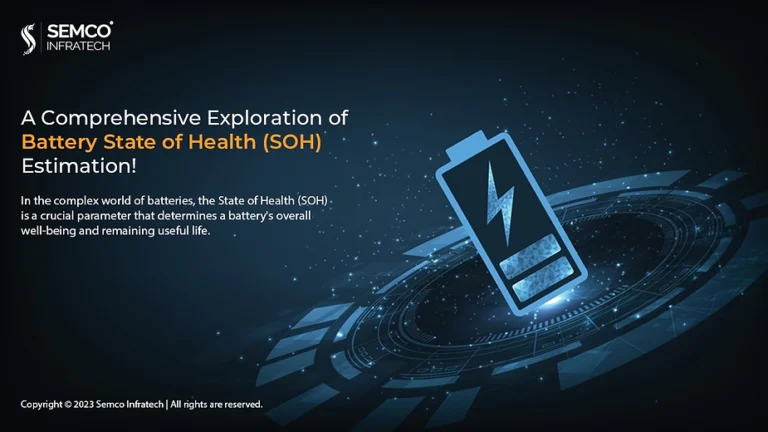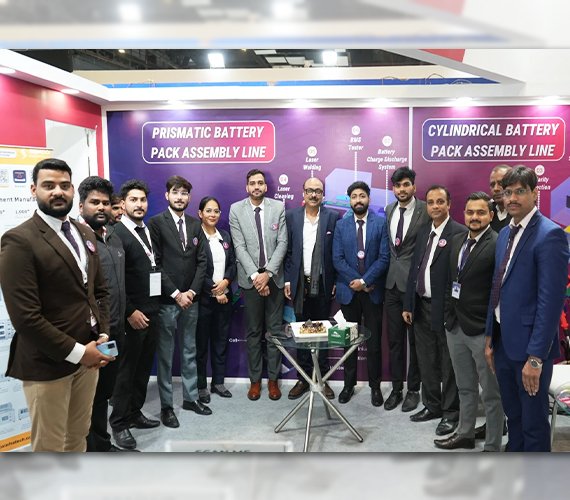In the quest for energy efficiency and sustainable solutions, Organic Phase Change Materials (PCMs) have gained significant attention. These materials play a crucial role in thermal energy storage (TES) systems by absorbing, storing, and releasing heat during phase transitions. This blog delves into the fundamentals of organic PCMs, their practical properties, and their applications across various industries.
What Are Organic Phase Change Materials?
Organic PCMs are substances that undergo a phase transition (solid-liquid or liquid-gas) at specific temperatures, enabling them to store and release latent heat. They are primarily derived from paraffin, fatty acids, and esters, making them ideal for environmentally friendly thermal management. Unlike inorganic PCMs, which often suffer from supercooling and phase separation, organic variants offer superior stability, non-corrosiveness, and recyclability.
Practical Properties of Organic PCMs
To better understand the effectiveness of organic PCMs, let’s explore some of their key practical properties:
1. High Thermal Stability
Organic PCMs exhibit excellent thermal stability over multiple heating and cooling cycles. This makes them ideal for long-term energy storage solutions.
2. Non-toxic and Biodegradable
Many organic PCMs, especially bio-based fatty acids, are eco-friendly, biodegradable, and non-toxic, making them safer alternatives for building insulation, textiles, and food preservation.
3. Wide Melting Point Range
Organic PCMs can be engineered to have customized melting points, ranging from low-temperature (below 0°C) to high-temperature (>100°C) applications.
4. High Latent Heat Storage Capacity
They offer efficient heat absorption and release, ensuring optimal thermal regulation in HVAC, solar energy, and thermal packaging systems.
5. Chemical Compatibility and Non-Corrosiveness
Unlike inorganic PCMs (like salt hydrates), organic PCMs do not corrode metals, making them more suitable for integrating heat exchangers and encapsulation systems.
Applications of Organic PCMs
The versatility of organic phase change materials has led to their widespread adoption in various industries, including:
- Building & Construction: Used in insulated panels, roofing, and walls to enhance thermal comfort and reduce energy consumption.
- Renewable Energy: Integrated with solar power storage systems to store excess heat for later use.
- Textiles & Clothing: Embedded in smart fabrics and thermal wear to regulate body temperature.
- Pharmaceutical & Food Storage: Maintains temperature-sensitive products, ensuring safe transportation and extended shelf life.
- Automotive & Aerospace: Enhances thermal management in electric vehicles and spacecraft.
Future Trends in Organic PCM Development
With the rising demand for energy-efficient technologies, research is focused on:
- Improving thermal conductivity by integrating nanomaterials.
- Enhancing phase stability through advanced encapsulation techniques.
- Developing bio-based PCMs for sustainable energy applications.
Conclusion
Organic Phase Change Materials offer a sustainable and efficient solution for thermal energy storage, significantly impacting various industries. Their non-toxicity, stability, and high latent heat capacity make them superior choices for environmentally friendly energy solutions. As advancements continue, organic PCMs will play a pivotal role in shaping the future of sustainable energy management.




